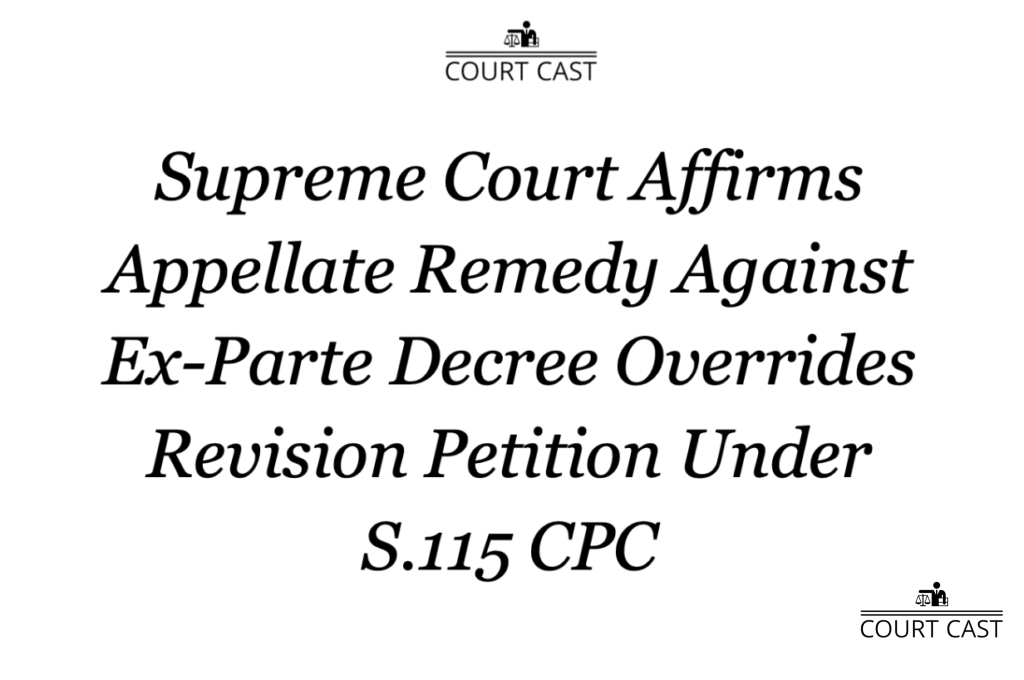Supreme Court Decides: NCLT Prohibited from Imprinting Hearing Date on Postponed Orders
In a recent ruling, the Supreme Court has asserted that the National Company Law Tribunal (NCLT) is prohibited from stamping the date of the hearing on an order when the matter is heard on one date but the order is pronounced on another. The court emphasized the importance of the distinction between ‘hearing’ and ‘pronouncement’ …
Supreme Court Decides: NCLT Prohibited from Imprinting Hearing Date on Postponed Orders Read More »



